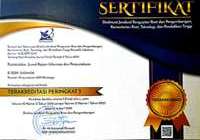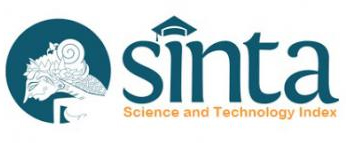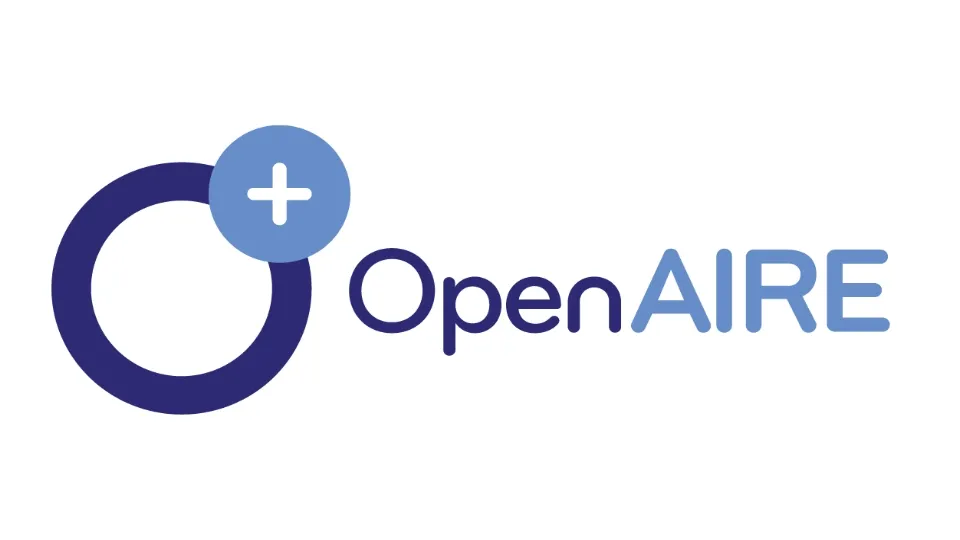Literasi Digital Moderasi Beragama Mahasiswa Universitas Islam Negeri Prof. K.H. Saifuddin Zuhri Purwokerto
DOI:
https://doi.org/10.21154/pustakaloka.v16i2.9735Abstract
Abstract: The development of technology and information in the current era has brought many influences on human life. Often found on social media, conflicts between communities debate religious diversity in Indonesia. Researchers want to know about the Digital Literacy of Religious Moderation of UIN Students Prof. K.H. Saifuddin Zuhri Purwokerto. The research method used is quantitative descriptive. The research population was undergraduate students, while the research sample was 266. Based on the data processed in the questionnaire distributed, it is known that the digital literacy ability of UIN students Prof. K.H. Saifuddin Zuhri Purwokerto is quite good in various aspects of digital literacy, there is still room for improvement, especially in terms of creativity in composing messages, active participation in social actions, and the ability to collaborate with various parties. This research is expected to be an input for the development of effective learning strategies in improving the digital literacy of religious moderation through the lecture curriculum and the Center for the Study of Religious Moderation and Pancasila at UIN Prof. K.H. Saifuddin Zuhri Purwokerto can be more active in socializing to students in the form of digital literacy of religious moderation.
Downloads
Published
Issue
Section
License

This work is licensed under a Creative Commons Attribution-NonCommercial-ShareAlike 4.0 International License.
Requirements to be met by the author as follows:
- Author storing copyright and grant the journal right of first publication manuscripts simultaneously with licensed under the Creative Commons Attribution License that allows others to share the work with a statement of the work's authorship and initial publication in this journal.
Authors can enter into the preparation of additional contractual separately for non-exclusive distribution of a rich version of the journal issue (eg: post it to an institutional repository or publish it in a book), with the recognition of initial publication in this journal.
Authors are allowed and encouraged to post their work online (eg, in institutional repositories or on their website) prior to and during the submission process, because it can lead to productive exchanges, as well as citations earlier and more severe than published works. (see The Effect of Open Access).















